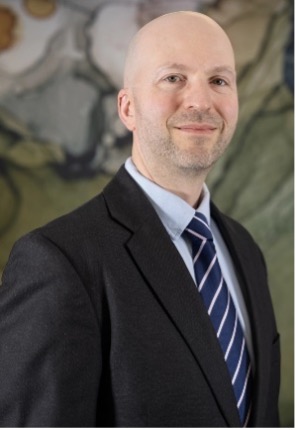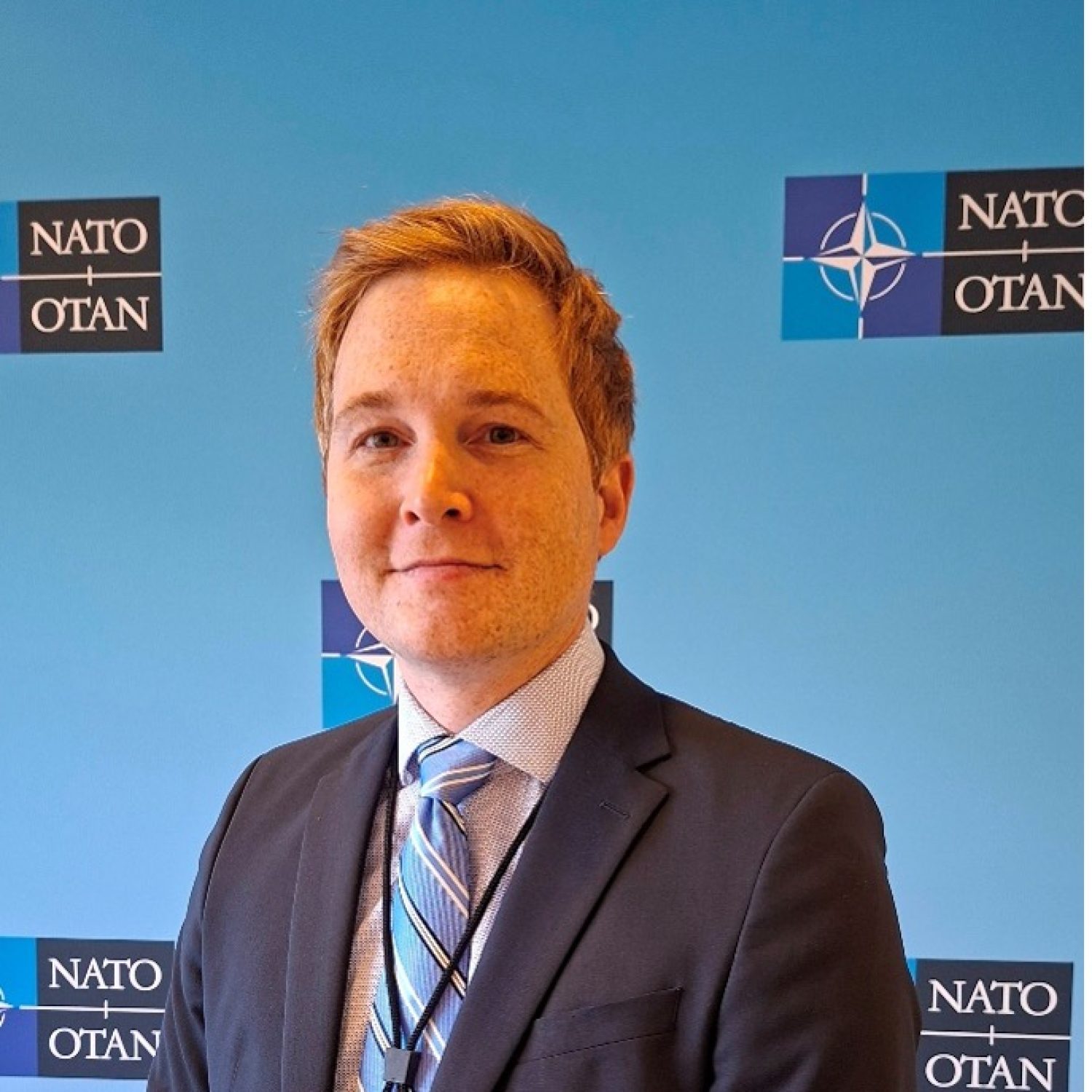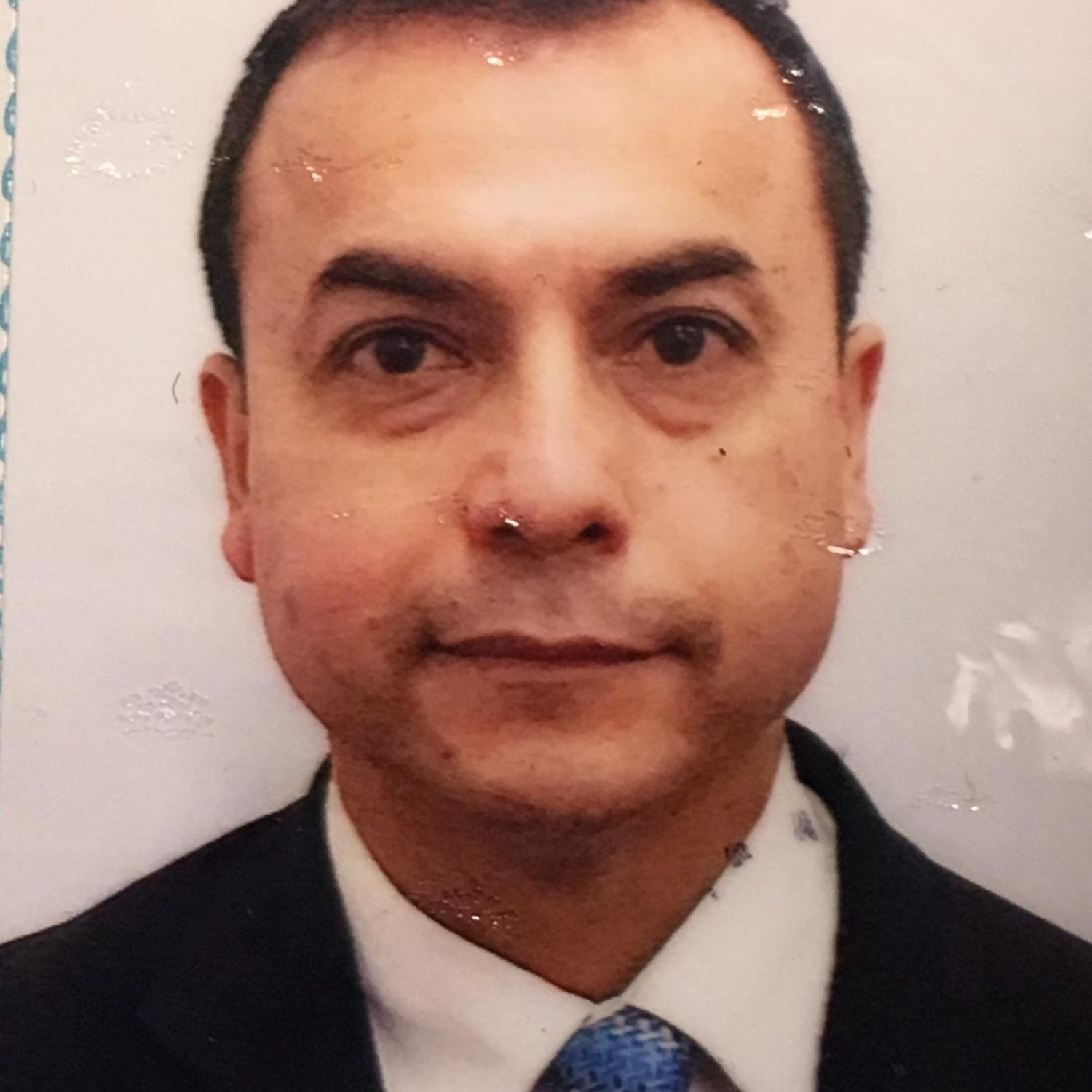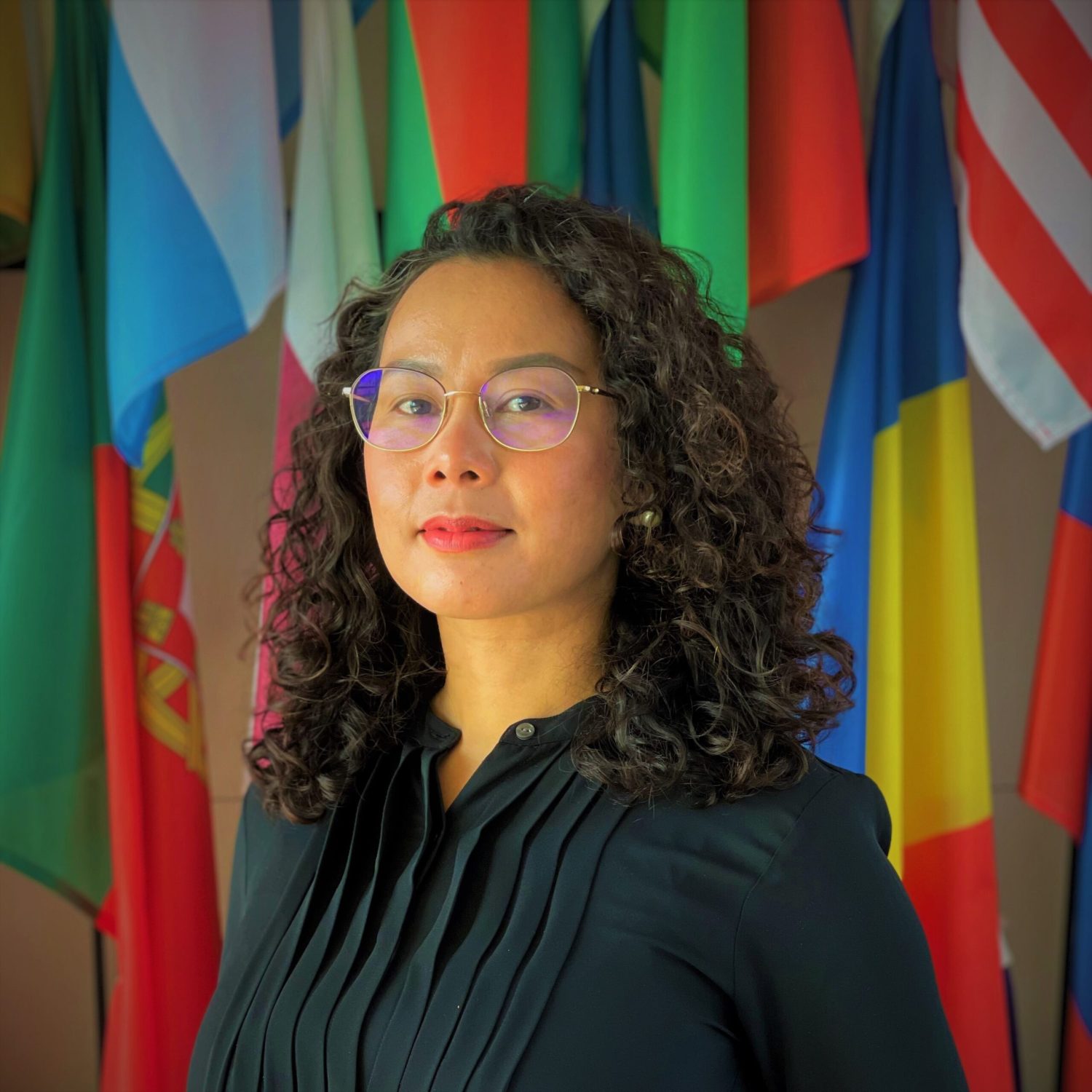
OFE 2: Revisiting Small Investigative Offices
OFE 2 aims to explore strategies for strengthening the capacity, efficiency, and impact of small investigative offices. Share practical approaches to managing limited resources while maintaining high investigative standards and institutional credibility.

Neill Ryan (IMF)
Neill has 25 years of criminal, civil, and administrative investigation experience leading complex investigations across law enforcement, regulatory, and international institutions. Currently serving as Senior Investigator at the International Monetary Fund (IMF), Neill is responsible for leading administrative investigations into fraud, corruption, retaliation, and workplace conduct issues. Neill also oversees the IMF’s case intake and Integrity Hotline reporting functions and co-authored the IMF’s Anti-Fraud and Anti-Corruption Policy.
Prior to the IMF, Neill held senior investigative roles at HM Customs & Excise’s National Investigation Service, and the UK’s Financial Conduct Authority. Neill led landmark cases resulting in criminal convictions, multimillion-pound confiscation orders, and policy reforms, receiving the Keith Hughes Award for Excellence in Financial Investigation and a judicial commendation. Neill was also seconded to the U.S. Securities and Exchange Commission where he collaborated with foreign and domestic agencies to obtain and disseminate evidence for use in enforcement proceedings and delivered training on international cooperation.
Neill holds a BA Dual Honors in Political Science and American Studies, a Diploma in Financial Crime Prevention, and has completed management and leadership programs with Henley Business School and Duke Corporate Education. Neill is an accredited Equal Employment Opportunity Investigator and Certified Fraud Examiner.

Michael Reiner (NSPA)
Michael Reiner serves as Senior Officer with the North Atlantic Treaty Organization (NATO) Support and Procurement Agency (NSPA), where he played a pivotal role in shaping strategic policy endorsed by NATO’s Secretary General and approved by the North Atlantic Council, establishing professional investigative functions across NATO. He has led high-impact investigations and digital forensics efforts, building strong partnerships with national and international investigative bodies and achieving successful outcomes in complex cases.
An experienced speaker, Michael has presented at major international events and delivered investigative training to strengthen capacity in collaboration with stakeholders worldwide. His professional background spans law enforcement service in two countries and leadership roles in the private sector, including at Microsoft. He holds a Master of Science degree, multiple professional certifications, and is bilingual in English and Italian.
At the 2025 CII, Michael will contribute to the OFE focused on small investigation offices, sharing practical strategies for leveraging partnerships, networks, and shared resources, while engaging participants in active discussions.
Michael’s work reflects a deep commitment to integrity, capacity building, and international collaboration in combating fraud, corruption, and misconduct.

Pedro Ruz (OAS)
Pedro is acting Inspector General at the Organization of American States (OAS) in Washington, D.C., leading a diverse team of auditors, investigators and forensic support personnel conducting audits, inspections, and investigations. As a former journalist-turned-investigator and compliance leader, he provides strategic insights and solutions in complex multinational environments. The OAS OIG team handles everything from reasonable assurance engagements and periodic inspections to beyond-a-reasonable-doubt complex fraud and misconduct cases. Pedro excels at managing multidisciplinary teams, leveraging knowhow and diversity in risk assessments, audits, and oversight missions, creating collaborative environments that enhance efficiency and accountability while applying the latest technologies. His expertise spans risk management, internal affairs, due diligence and litigation support. Before joining the OAS, Pedro advised C-level executives and others at multinational corporations. Pedro is a Certified Fraud Examiner, holds Private Investigation/Private Detective licenses, and serves as an Honors College guest lecturer on Latin American Affairs at a U.S. university.

Joy Arcinue (UNIDO)
Ms. Joy Arcinue serves as Senior Investigator at the United Nations Industrial Development Organization (UNIDO), where she leads the organization’s investigation function.
With 19 years of professional experience spanning investigations, legal practice, and financial audit, Joy brings a multidisciplinary approach to integrity and accountability. Prior to joining UNIDO, she held key roles at leading international institutions: as Investigations Officer at the World Food Programme, she conducted proactive integrity reviews; and as Associate Integrity Officer at the Asian Development Bank, she managed investigations into allegations of fraud and corruption involving both staff and third parties. Earlier in her career, Joy practiced law and worked as an auditor in the Philippines.
She holds a Master of Laws in International Legal Studies, a Juris Doctor, and a Bachelor of Science in Accountancy. Joy is a licensed lawyer, a Certified Public Accountant, and a Certified Fraud Examiner.

